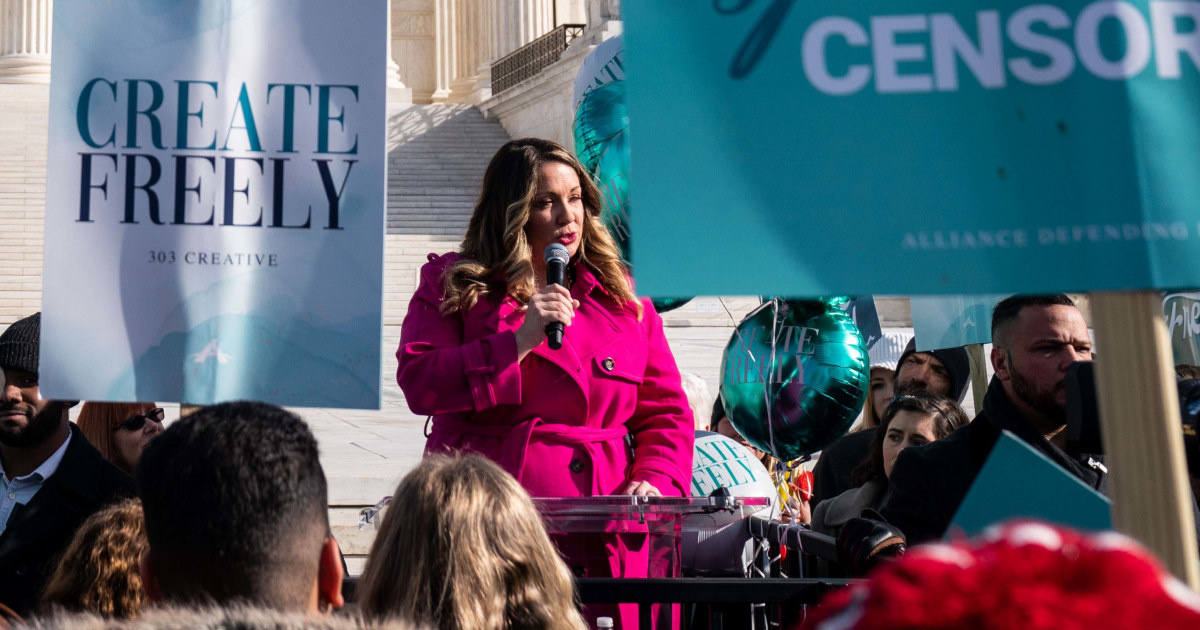The Supreme Court ruled on Monday that a web designer can refuse to create websites for same-sex weddings on religious grounds. The case involved a Colorado web designer named Lorie Smith, who refused to create a website for a same-sex couple’s wedding. The couple filed a complaint with the Colorado Civil Rights Commission, alleging that Smith’s refusal violated their civil rights.



That would be because it implicitly leads to instantaneous segregation of some kind. The idea is nice, but it never goes well.
Don’t like X at your restaurant? There are other restaurants. What about when none of them will serve you either, because it’s a small town and the owners are all friends? Can’t eat takeout if you’re the wrong ethnicity now?
What if the career you’re trying to break into is a hard one and they have other candidates that fit the company better, despite being far less qualified (they are straight)? There are laws in place against this, but they’re the same ones that got affirmative action overturned because it was ruled that favoring against the majority was still oppression. That could logically make it to the floor if the first one did.
Naturally, this would extend to education. It is their strongly held belief that they shouldn’t have to teach and learn alongside others whose ideals or status they disagree with. Disruptive to the atmosphere. They can always just…set up schools specifically for them, if they’re bothered.
I’m genuinely struggling to understand your point. If a business owner decides to discriminate against gay customers, that’s their choice, and they’ll face the fallout. Now, picture a trans artist. Should they be FORCED to accept any commission, regardless of their beliefs? Would you mandate them to create pro-nationalist art or other pieces they find offensive? When do we call it ‘forced labor’ and where do we draw that line?